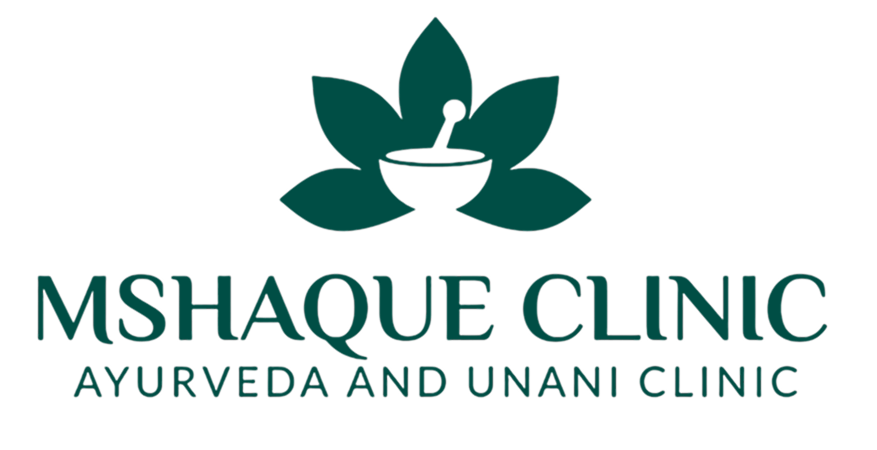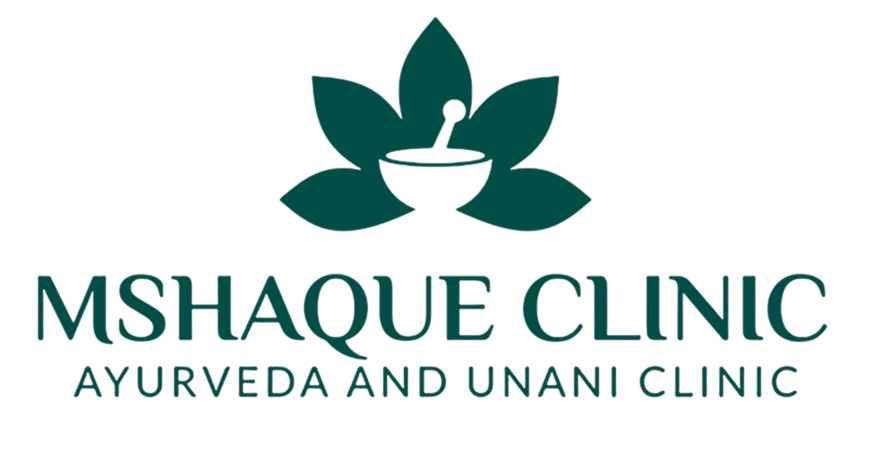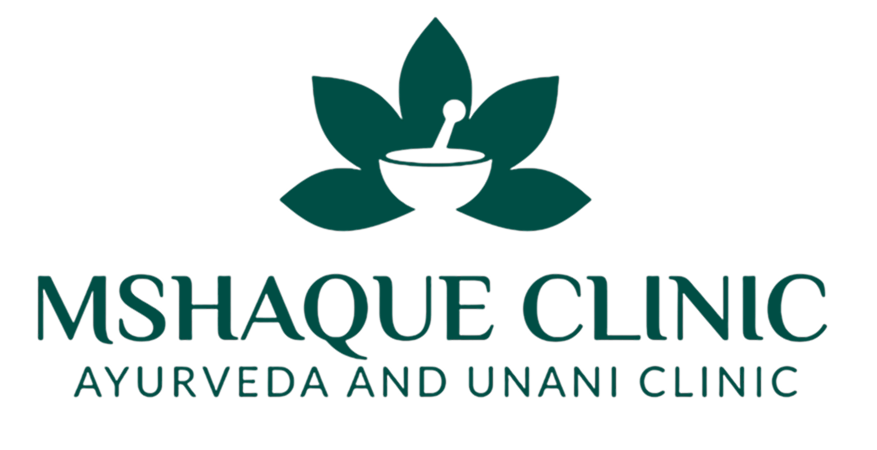Millions of people worldwide suffer from the widespread medical ailment known as overactive bladder (OAB). It is characterized by a sudden and uncontrollable urge to urinate, which can be challenging to manage. People with OAB often need to use the bathroom frequently, which can disrupt their daily lives. While several medical treatments are available for OAB, many people are interested in natural remedies, including Overactive Bladder Ayurvedic Treatment. This article will explore the Ayurvedic approach to treating an overactive bladder.
Overactive bladder Ayurvedic treatment
The urge to urinate can be controlled; give a reason. Ayurveda is a traditional medical practice that dates back thousands of years to India. It is based on the belief that health and wellness are achieved through a mind, body, and spirit balance. According to Ayurveda, each person has a unique constitution, or dosha, that influences their physical and emotional characteristics. The vata, pitta, and kapha doshas are the three main types. OAB is believed to be primarily a Vata imbalance.
The Ayurvedic approach to treating OAB focuses on restoring balance to the Vata dosha. This can be accomplished through diet, lifestyle changes, herbal remedies, and body therapies.
- Dietary Changes
Diet plays a crucial role in Ayurvedic treatment for OAB. According to Ayurveda, sweet, sour, and salty foods are particularly beneficial for people with OAB. These foods help to balance the Vata dosha and promote healthy bladder function.
Foods high in water content, such as cucumbers, watermelon, and tomatoes, can also help manage OAB. These foods can help to flush toxins from the body and reduce inflammation in the bladder.
On the other hand, Ayurvedic practitioners recommend avoiding foods that are dry, cold, and hard to digest. These foods can aggravate the Vata dosha and exacerbate the symptoms of OAB. Foods that should be avoided include caffeine, alcohol, spicy foods, and processed foods. You can visit the Mshaque Clinic for Ayurvedic medicine for urinary incontinence treatment. We have one of the best ayurvedic experts who can cure you with natural methods.
- Lifestyle Changes
In addition to dietary changes, lifestyle modifications can also help manage OAB. Stress is a common trigger for OAB symptoms, so stress-reducing practices such as meditation, yoga, and deep breathing exercises are recommended.
It is also essential to maintain a healthy weight, as excess weight can put pressure on the bladder and exacerbate OAB symptoms. Regular exercise can help to maintain a healthy weight and improve overall bladder function. To get Ayurvedic medicine to strengthen the bladder, you can visit the Mshaque Clinic. We have the finest ayurvedic specialists, including Dr. M. S. Haque and Dr. A. Perwaiz, who can treat your overactive bladder with ayurvedic medications.
- Herbal Remedies
Herbal remedies are an essential part of Ayurvedic treatment for an overactive bladder. In Ayurveda, herbs balance the doshas and promote overall health and wellness. Several herbs have been traditionally used in Ayurveda to treat OAB, including ashwagandha, gokshura, and ginger.
- Ashwagandha:- Ashwagandha is an adaptogenic herb that reduces stress and anxiety. In Ayurveda, stress and anxiety are believed to contribute to imbalances in the Vata dosha, which can lead to OAB symptoms. Ashwagandha can help to reduce stress and balance the Vata dosha, which may help to improve bladder function. You can visit the Mshaque Clinic to get an Overactive Bladder Ayurvedic Treatment.
- Gokshura:- Gokshura is another herb commonly used in Ayurveda to treat OAB. Gokshura is known for its diuretic properties, which can help increase urine flow and reduce bladder inflammation. In Ayurveda, gokshura is also believed to have a balancing effect on the Vata dosha, which may help to improve bladder function.
- Ginger:- Ginger is another herb commonly used in Ayurveda to treat OAB. Ginger is known for its anti-inflammatory properties, which can help reduce inflammation and improve bladder function. In addition, ginger is believed to have a warming effect on the body, which can help to balance the Vata dosha and reduce OAB symptoms. You can visit the Mshaque Clinic to get an Overactive Bladder Ayurvedic Treatment.
In addition to these herbs, several other herbs may help manage OAB symptoms. These include:
- Shatavari: Shatavari is an adaptogenic herb traditionally used in Ayurveda to support female reproductive health. In Ayurveda, Shatavari is believed to have a cooling effect on the body, which can help to reduce inflammation and improve bladder function. To get Ayurvedic medicine for frequent urination, you can visit the Mshaque Clinic. We have the finest ayurvedic specialists, including Dr. M. S. Haque and Dr. A. Perwaiz, who can treat your overactive bladder with ayurvedic medications.
- Punarnava: Punarnava is a diuretic herb commonly used in Ayurveda to treat urinary tract disorders. In Ayurveda, Punarnava is believed to help remove excess fluid from the body, which can help to reduce bladder inflammation and improve bladder function. This is one of the best Indian home remedies for frequent urination.
- Chandraprabha: Chandraprabha is an herbal formulation traditionally used in Ayurveda to treat urinary tract disorders. In Ayurveda, Chandraprabha is believed to have a balancing effect on the Vata dosha, which can help to improve bladder function. You can visit the Mshaque Clinic to get an Overactive Bladder Ayurvedic Treatment. We have the finest ayurvedic specialists, including Dr. M. S. Haque and Dr. A. Perwaiz, who can treat your overactive bladder with ayurvedic medications.
It Is important to note that while herbal remedies can be effective in managing OAB symptoms, they should be used under the guidance of a qualified Ayurvedic practitioner. Some herbs may interact with medications or have side effects, so it is essential to consult with a practitioner before using any herbal remedies.
Our Other Articles:
Menorrhagia Treatment In Ayurveda- All You Need To Know
Ayurvedic Treatment For Typhoid- All You Need To Know
Jock Itch Ayurvedic Treatment- All You Need To Know
Hirsutism Treatment In Ayurveda- All You Need To Know
Hyperhidrosis Treatment In Ayurveda- All You Need To Know
Overactive Bladder Ayurvedic Treatment: Body Therapies
Ayurvedic body therapies can also help manage OAB symptoms. One of the most commonly used therapies is Abhyanga, which involves massaging the body with warm oil. This can help calm the nervous system and reduce stress, which can benefit OAB.
Panchakarma is another Ayurvedic Body therapy that can help manage OAB. This therapy involves a series of cleansing treatments designed to remove toxins from the body and balance the doshas. Panchakarma can help to reduce inflammation in the bladder and improve overall bladder function.
In addition to Abhyanga and Panchakarma, Ayurvedic practitioners may also recommend Marma therapy for OAB. This therapy involves stimulating specific points in the body to promote healing and balance. Marma therapy can help to reduce stress and promote healthy bladder function.
Overactive Bladder Ayurvedic Treatment: Conclusion
Ayurvedic treatment for an overactive bladder can effectively manage symptoms and improve bladder function. The Ayurvedic approach to OAB focuses on restoring balance to the Vata dosha through dietary changes, lifestyle modifications, herbal remedies, and body therapies. While Ayurvedic treatment may not be suitable for everyone, it can be a safe and effective alternative or complement to conventional medical treatments. If you are interested in trying Ayurvedic treatment for OAB, it is essential to consult with a qualified Ayurvedic practitioner who can help you develop a personalized treatment plan.
Mshaque Clinic is the finest Ayurvedic facility in India. We offer the best ayurvedic therapies and medicines to our patients. Our specialized Ayurveda therapies and practices assist patients in being fit and healthy without causing any negative side effects. You can visit the Mshaque Clinic to get an Overactive Bladder Ayurvedic Treatment also visit us for the greatest all-natural care.
FAQs
What is the best treatment for an overactive bladder?
The best treatment for an overactive bladder can include behavioral therapy, medications, and in severe cases, surgery.
Can Ayurveda help with urinary incontinence?
Ayurvedic treatments such as herbal remedies and yoga may help with urinary incontinence, but more research is needed to confirm their effectiveness.
How to get rid of involuntary urination?
Treatment for involuntary urination depends on the underlying cause and may include pelvic floor exercises, medication, or surgery.
What are the causes of an overactive bladder?
Causes of overactive bladder include age, neurological conditions, abnormalities, and certain medications or substances.




